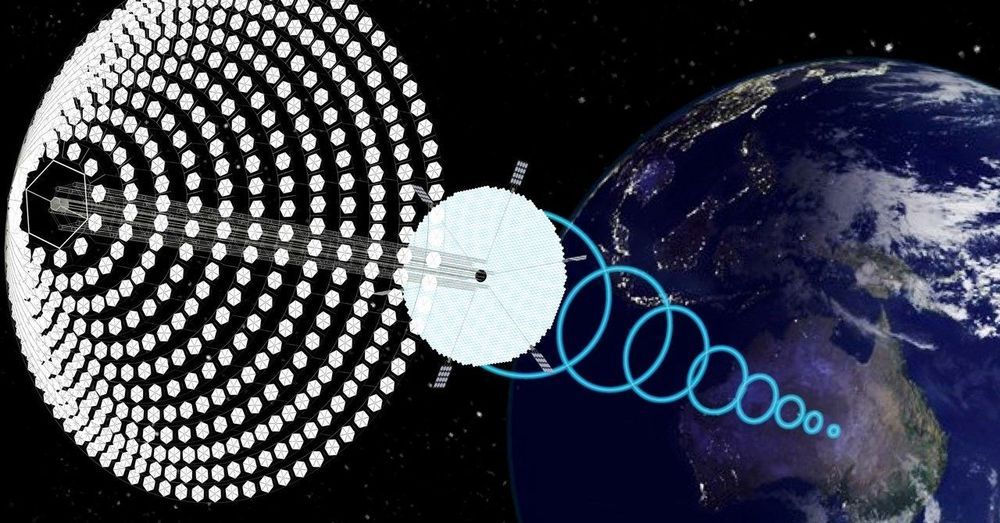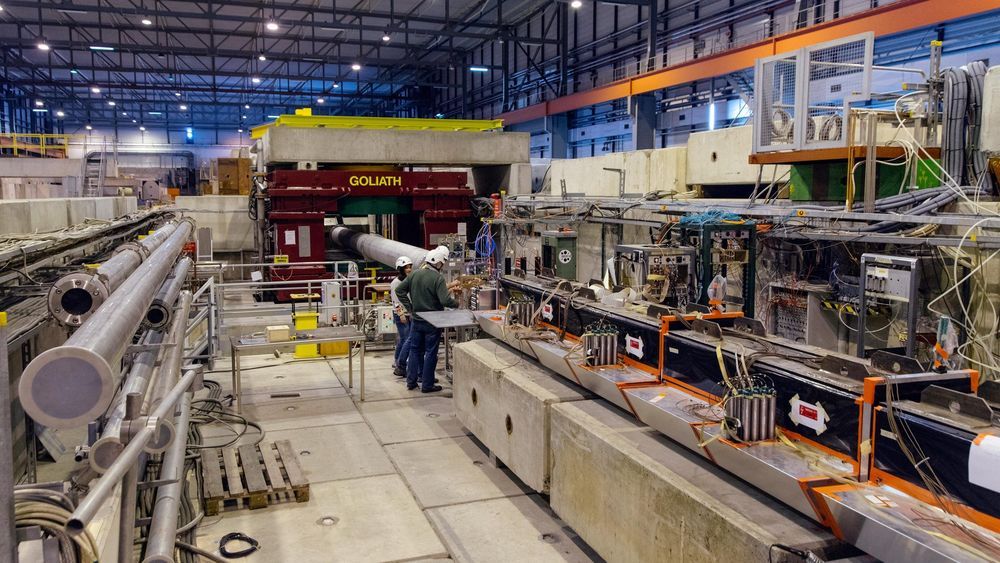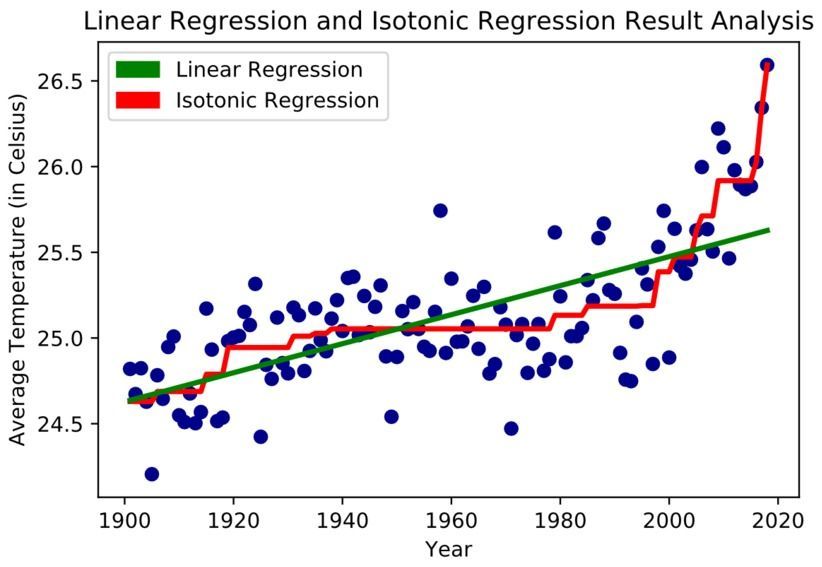A decades-old idea is finally getting a chance to shine—that is, a chance to send sunshine harvested by a satellite down to Earth.




How do human beings perceive their environment and take their decisions? To successfully interact with the immediate environment, for human beings it is not enough to have basic evidence of the world around them. This information by itself is insufficient because it is inherently ambiguous and requires integrating into a particular context to minimize the uncertainty of sensory perception. But, at the same time, the context is ambiguous. For example, am I in a safe or a dange…
According to a study published on Nov. 28 in Nature Communications by Philipp Schustek, Alexandre Hyafil and Rubén Moreno-Bote, researchers at the Center for Brain and Cognition of the Department of Information and Communication Technologies.
Universitat Pompeu Fabra — Barcelona
The University of Cambridge’s Dr. William Bains provides a thorough overview of extracellular cross-links in this lecture. He explains that advanced glycation end-products (AGEs) can irreversibly link proteins together, and cross-linking AGEs appear to play an important role in aging. They are particularly problematic in the cardiovascular system, where cross-links cause our arteries to stiffen with age, raising blood pressure and making a patient more likely to suffer from a heart attack or stroke. Cross-links are also implicated in complications from diabetes. Dr. Bains explains the structure and nature of cross-links, where they accumulate in the body, and even what their surprising role is in cooking. He ends by discussing a major AGE-breaking drug that has been tested on humans and touches on potential future therapies.
Visit www.sens.org/videos to view the rest of our course lecture videos.
Diagnosed with terminal lung cancer, Joe was told he had about 3 months to live. A veterinarian friend of his in western Oklahoma called him and told him about a cancer research experiment he had learned about in which a dog-deworming medicine had cured cancer in the experimental mice… and when the researcher developed cancer, she used the same medicine on herself and her glioblastoma was gone in about 12 weeks.
With nothing to lose and everything to gain, Joe ordered the veterinary product, Fenbendazole, and began taking it. He added a few other things to his regimen such as curcumin and Vitamin E, now known as the “Joe Tippens Protocol”. Three and a half months later, he went in for a scan and he was totally clear!
Joe’s Website: https://www.mycancerstory.rocks/
Joe’s Facebook (group is limited): https://www.facebook.com/groups/mycancerstoryrocks/
See more cancer Survivor Stories at: https://templetonwellness.com/survivor-stories/
Want to learn more about what else you can do to help your body beat cancer? Check out James Templeton’s book, ‘I Used to Have Cancer: How I Found My Own Way Back to Health,’ where he tells the twists and turns of his story of survival. Find out more at this link: https://iusedtohavecancer.com/
For more information and resources on the ins and outs of healthy living with or without cancer, go to the Templeton Foundation website: https://templetonwellness.com/

Fresh evidence of an unknown particle that could carry a fifth force of nature gives the NA64 collaboration at CERN a new incentive to continue searches.
In 2015, a team of scientists spotted an unexpected glitch, or “anomaly,” in a nuclear transition that could be explained by the production of an unknown particle. About a year later, theorists suggested that the new particle could be evidence of a new fundamental force of nature, in addition to electromagnetism, gravity and the strong and weak forces. The findings caught worldwide attention and prompted, among other studies, a direct search for the particle by the NA64 collaboration at CERN.
A new paper (pdf) from the same team, led by Attila Krasznahorkay at the Atomki institute in Hungary, now reports another anomaly, in a similar nuclear transition, that could also be explained by the same hypothetical particle.

The term “Isotonic” originates from the Greek root words “iso” and “tonos.” The root “iso” isn’t just a file format, it actually means equal. “Tonos,” on the other hand, means to stretch. The word Isotonic can mean a multitude of things stretching from material and physical sciences to liberal arts.
Equal Stretch Regression (Isotonic Regression) is a really cool model for statistical inference. My obsession with isotonic regression has long been expanding, because the model is just so interesting, and cool.
Last week we covered how the Tesla Cybertruck’s aerodynamics might be better than its boxy shape suggests, and today Tesla CEO Elon Musk responded to the numbers and suggested that the Cybertruck could get a Cd (drag coefficient) as low as .3 – quite impressive for a pickup truck.